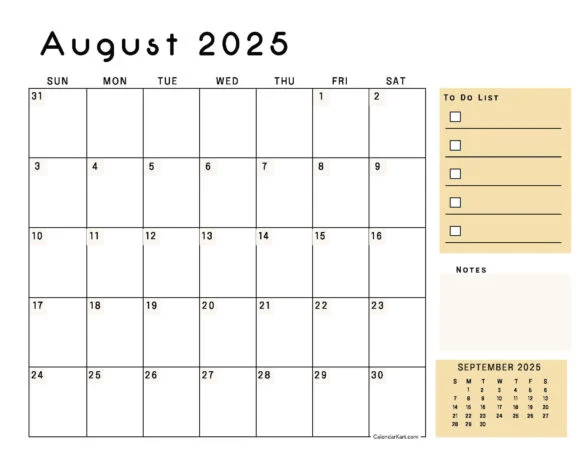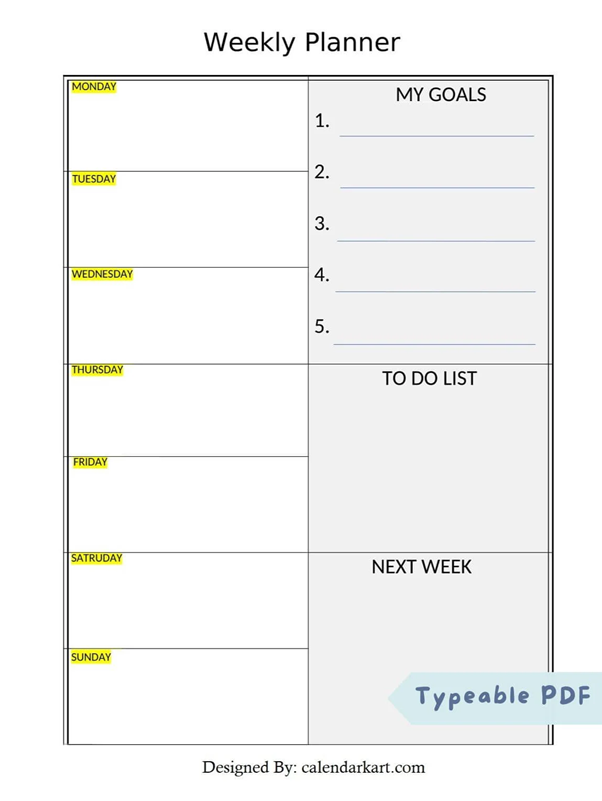Benefits of Using a Calendar with Holidays for Planning Ahead
Staying organized isn’t optional in today’s fast-paced world it’s the key to staying ahead. Whether you’re managing a busy household, planning corporate meetings, or just trying to make time for yourself, a calendar with holidays is a powerful tool to help you plan ahead.
Unlike generic planners, calendars that include public holidays, observances, and special events provide a clear overview of your time, allowing you to make informed decisions and avoid last-minute stress.
Why Use a Calendar with Holidays?
Let’s explore the many benefits of using a calendar with holidays and how it can transform the way you plan your weeks, months, and even years.
1. Maximized Time Management
One of the most immediate benefits of using a holiday-inclusive calendar is improved time management. With national holidays, religious observances, school breaks, and other public events clearly visible, you gain the foresight to structure your schedule more efficiently. This helps you determine in advance which days are unavailable for work or appointments, so you can allocate time accordingly.
For instance, if you’re planning a big project at work, being aware of public holidays and long weekends ensures you set realistic timelines that account for days when your team might be unavailable. On a personal level, knowing school holidays can help parents plan family activities or childcare arrangements with less stress. By reducing uncertainty, you become more intentional with your time, which leads to better outcomes and less burnout.
2. Smarter Scheduling and Event Planning
Whether it’s a wedding, birthday party, corporate retreat, or a product launch, event planning is much easier when you’re aware of upcoming holidays. Scheduling something on a national holiday—when people might be out of town or observing traditions—can significantly impact attendance or productivity.
Example:

Using a holiday-aware calendar prevents such oversights. For example, referencing a calendar with holidays enables you to time back-to-school shopping, summer events, or even family or class reunions without conflicting with major observances like Labor Day or Independence Day (if you’re in the U.S.). This type of proactive scheduling helps you stay ahead of potential obstacles and plan with greater accuracy and confidence.
Improved Work-Life Balance
Calendars with holidays don’t just tell you when you can’t work—they also help you identify when you shouldn’t work. Incorporating regular breaks, holidays, and downtime into your calendar helps create a healthier balance between work and personal life. This is especially important in today’s “always-on” culture where burnout is a common challenge.
Suppose your planner highlights public holidays or school breaks. In that case, you’re more likely to schedule personal time intentionally—whether that’s a weekend getaway, a digital detox, or quality time with loved ones. This intentional rest keeps you mentally and physically refreshed, enhancing your overall performance and well-being.
4. Strategic Planning for Business and Marketing
For business owners, marketers, and freelancers, a calendar with holidays is a crucial asset for strategic planning. Public holidays are often tied to seasonal trends, consumer behavior, and cultural events that present excellent opportunities for marketing campaigns, special offers, or service promotions.
For instance, Valentine’s Day, Black Friday, or end-of-year holidays can be ideal for rolling out discounts or launching targeted content. Planning your content calendar around these milestones allows you to build campaigns that resonate more deeply with your audience. A weekly planner with holiday data helps you not only stay organized but also remain relevant and timely in your outreach.
A calendar that includes holidays can support campaign planning for seasonal events like back-to-school promotions, summer clearance sales, and Labor Day offers. These alignments can ultimately boost customer engagement and drive higher revenue.
5. Reduced Scheduling Conflicts
Nothing disrupts a well-laid plan like an unexpected scheduling conflict. Booking a meeting, event, or appointment without realizing it’s a public holiday can result in low turnout, cancellations, or rescheduling headaches. This is especially true in multicultural environments where different people observe different sets of holidays.
Using a calendar that includes holidays—national, regional, religious, and school-related—minimizes the risk of such conflicts. It ensures that your scheduling respects everyone’s time, traditions, and availability. This promotes inclusivity and helps build stronger relationships, both in personal life and professional settings.
6. Educational Benefits for Students, Parents, and Teachers
Holiday calendars play an essential role in academic planning. Students can use them to schedule their study sessions, assignments, and revision around known breaks, while parents can better coordinate family plans with school closures or exam seasons.
For educators, a calendar with holidays supports the effective distribution of lesson plans and curriculum. Teachers can prepare exams or major assignments around breaks to avoid fatigue or low performance. Holiday-aware planning results in smoother transitions between academic terms and improved learning outcomes across the board.
7. Enhanced Goal Setting and Milestone Tracking
Setting goals is easier—and more achievable—when you work with a calendar that reflects the true structure of the year. Holidays break up the calendar into natural segments, making it easier to plan short- and long-term goals with real-life context in mind.
For instance, you can align fitness goals with post-holiday routines, set quarterly objectives around financial deadlines, or use holidays as checkpoints to review your progress. A calendar with holidays allows you to break your goals into smaller, more manageable chunks, helping you stay focused and on track without feeling overwhelmed.
8. Better Travel Planning
Travel planning is another area where holiday calendars prove invaluable. Knowing in advance when peak travel seasons or public holidays fall allows you to book transportation and accommodation at the best times, avoid traffic or crowds, and take advantage of early-bird deals.
If you’re eyeing a vacation in 2025, a holiday-inclusive calendar lets you plan around national holidays to maximize your time off and minimize work disruptions. This also makes coordination easier if you’re traveling with family, friends, or coworkers.
Conclusion: Plan Smart, Live Better
Using a calendar with holidays isn’t just about checking dates—it’s about taking control of your time. From maximizing productivity and improving work-life balance to enhancing event planning and supporting long-term goals, this simple tool has a profound impact on how you live and work.
Whether you prefer a digital planner, a physical desk calendar, or a mobile app, integrating holiday information into your system transforms how you organize your life. If you’re getting a head start on planning, begin with an calendar with holidays. Pair it with a structured weekly planner, and you’ll have a powerful system that supports everything from your daily tasks to your biggest aspirations.
Make your time count—start planning smarter today.








